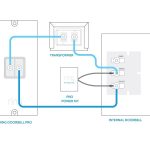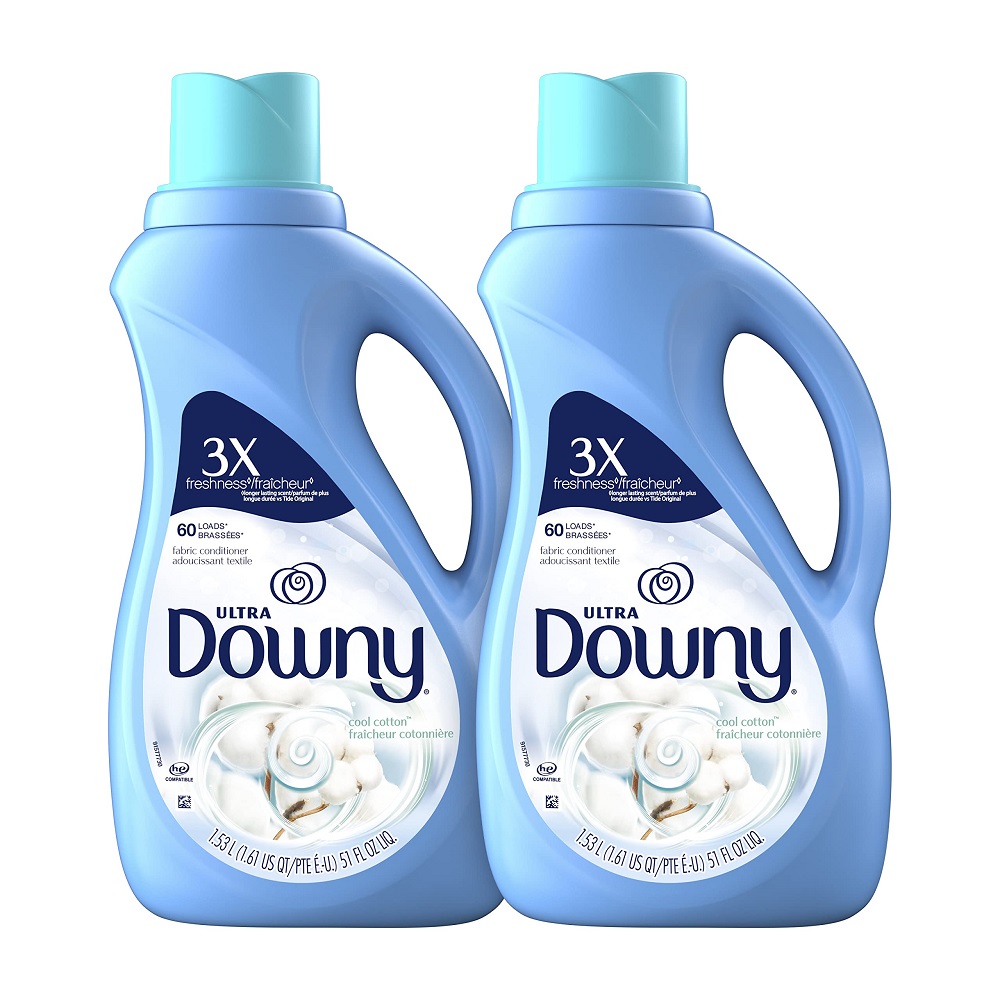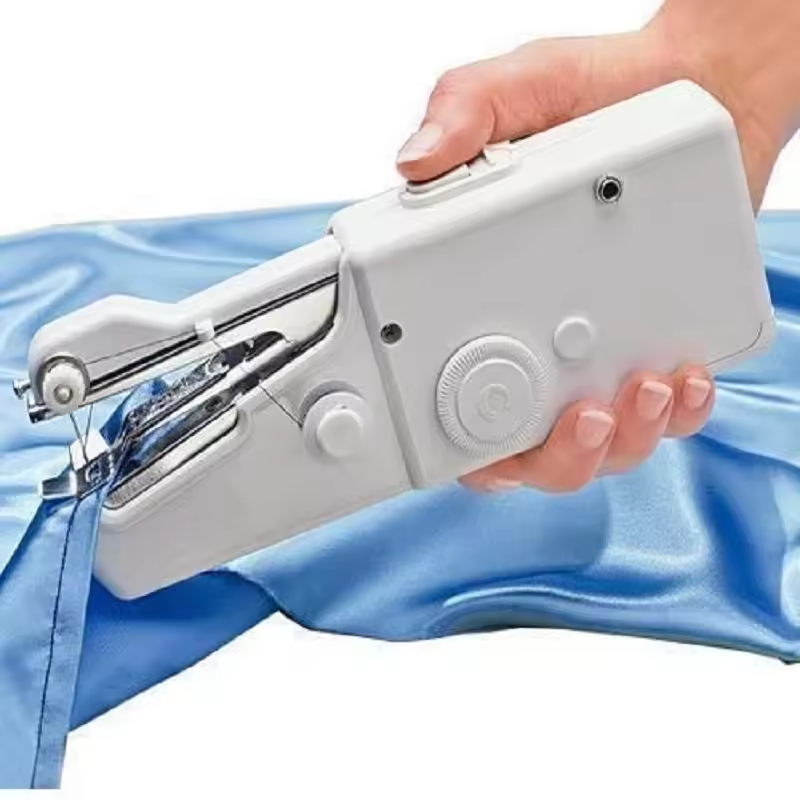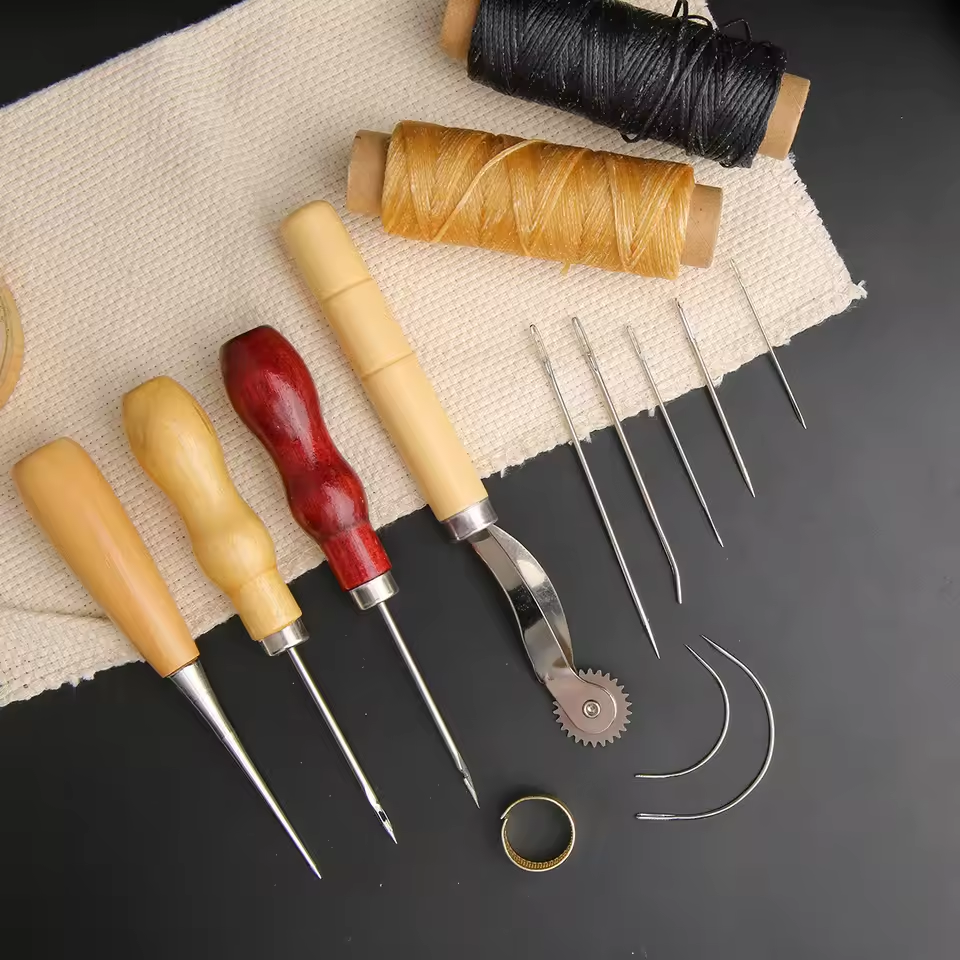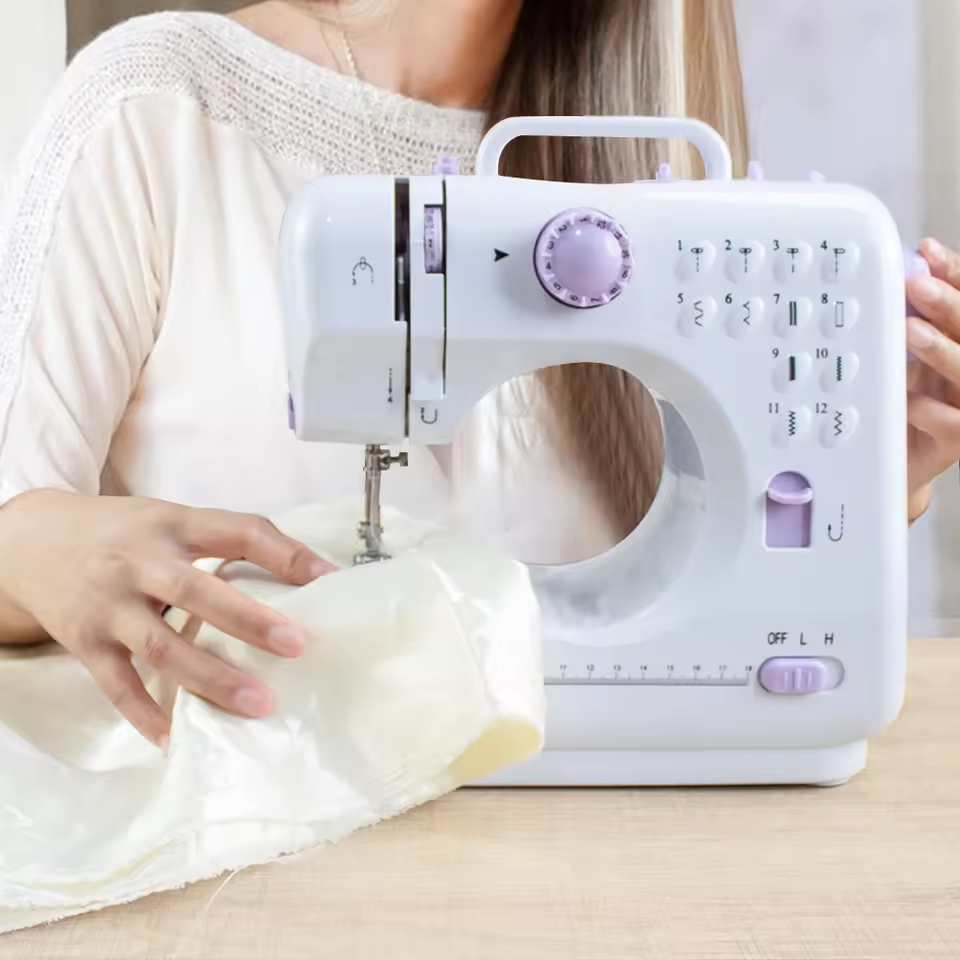When it comes to laundry, there are numerous products available that promise to keep your clothes clean and fresh. Among these products, detergent and fabric softener are two of the most commonly used. While many people often confuse the two or assume that they serve the same purpose, they are fundamentally different. This article will explore the differences, uses, benefits, and considerations of detergents and fabric softeners to help you make an informed choice in your laundry routine.
Understanding Laundry Detergent
What Is Laundry Detergent?
Laundry detergent is a cleaning agent specifically designed to remove dirt, stains, and odors from clothing and textiles. It typically comes in liquid, powder, or pod form and is made up of surfactants, enzymes, and other compounds that work together to lift and suspend soil in water. Surfactants reduce the surface tension of water, making it easier for dirt to be washed away during the rinse cycle.
Types of Laundry Detergents
The variety of laundry detergents available can be quite overwhelming. Here are some common types:
- Powder Detergents: Often more cost-effective and effective at lifting ground-in stains, especially on larger loads.
- Liquid Detergents: Generally dissolve more easily in cold water and are better for treating stains before washing.
- Pod Detergents: Convenient single-use units that provide a pre-measured dose, making it easy to avoid mess and overuse.
- HE Detergents: High-efficiency detergents are formulated to work in high-efficiency washing machines that use less water.
- Eco-friendly Options: Made from biodegradable ingredients, these detergents are a great choice for environmentally conscious consumers.
Benefits of Using Laundry Detergent
Using a good laundry detergent has several benefits:
- Stain Removal: Powerful cleaning agents and enzymes in detergents target different types of stains, effectively removing them from your clothing.
- Odor Elimination: Many detergents are formulated with fresh scents that help neutralize odors, leaving your clothes smelling clean.
- Color Preservation: Certain detergents contain color-safe enzymes that help prevent fading, allowing your colorful clothes to maintain their vibrancy.
- Convenience: Formulated to work well at various water temperatures and in different washing machines, detergents can simplify the laundry process.
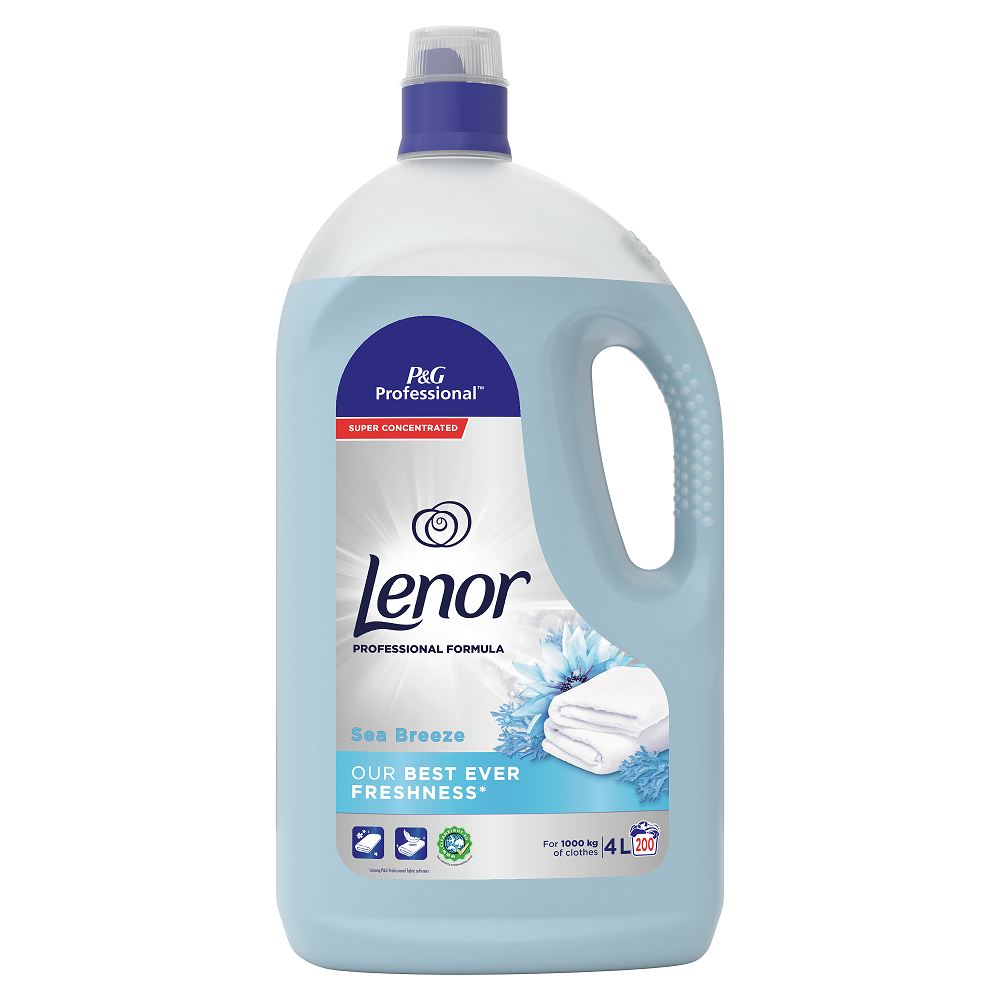
What Is Fabric Softener?
The Purpose of Fabric Softener
Fabric softener is designed to add a layer of softness and reduce static cling to clothing. It works by coating the fibers of the fabric, making them feel smoother to the touch. Additionally, it can impart a pleasant fragrance to your laundry, making your clothes smell fresh and inviting.
Types of Fabric Softeners
Similar to detergents, fabric softeners come in various forms:
- Liquid Fabric Softeners: Typically added during the rinse cycle, these are the most common type and easily integrate into any washing routine.
- Dryer Sheets: These are sheets infused with fabric softener that are placed in the dryer to reduce static and provide softness.
- Fabric Softener Pods: Similar to detergent pods, these are concentrated doses of liquid fabric softener that can be added to the wash or dry cycle.
- Eco-friendly Fabric Softeners: Made from natural ingredients, these alternatives aim to soften clothes without harmful chemicals.
Benefits of Using Fabric Softener
The use of fabric softener can enhance your laundry experience in several ways:
- Increased Softness: Fabric softeners create a protective coating on fabrics, resulting in soft, cozy garments that feel great against your skin.
- Static Reduction: They help to minimize static electricity in fabrics, which can be especially beneficial during dryer cycles with synthetic fabrics.
- Fragrance: Many fabric softeners are infused with pleasant scents that can linger in your clothes long after they’ve been washed.
- Wrinkle Reduction: Fabric softeners can help to reduce wrinkles, making ironing easier or even eliminating the need for it altogether.
Comparing Detergent and Fabric Softener
Primary Functions
While detergent and fabric softener are both staples in laundry care, they serve distinct functions. Detergent is engineered to cleanse fabrics by removing dirt and stains, while fabric softener is intended to enhance the feel and aesthetics of fabrics.
Application Methods
The two products are use at different stages of the laundry process. Detergent is added at the beginning of the wash cycle, allowing it to interact with the water and fabrics to remove impurities. In contrast, fabric softener is typically used during the rinse cycle, and its primary function is to coat the fabrics after they have been cleaned.
Effect on Fabrics
Detergents formulate to penetrate fabric fibers, while fabric softeners coat them. This means that using a lot of fabric softeners might interfere with the detergent’s effectiveness and lead to a buildup of residues over time. It is crucial to strike a balance between both products for optimum wash results.
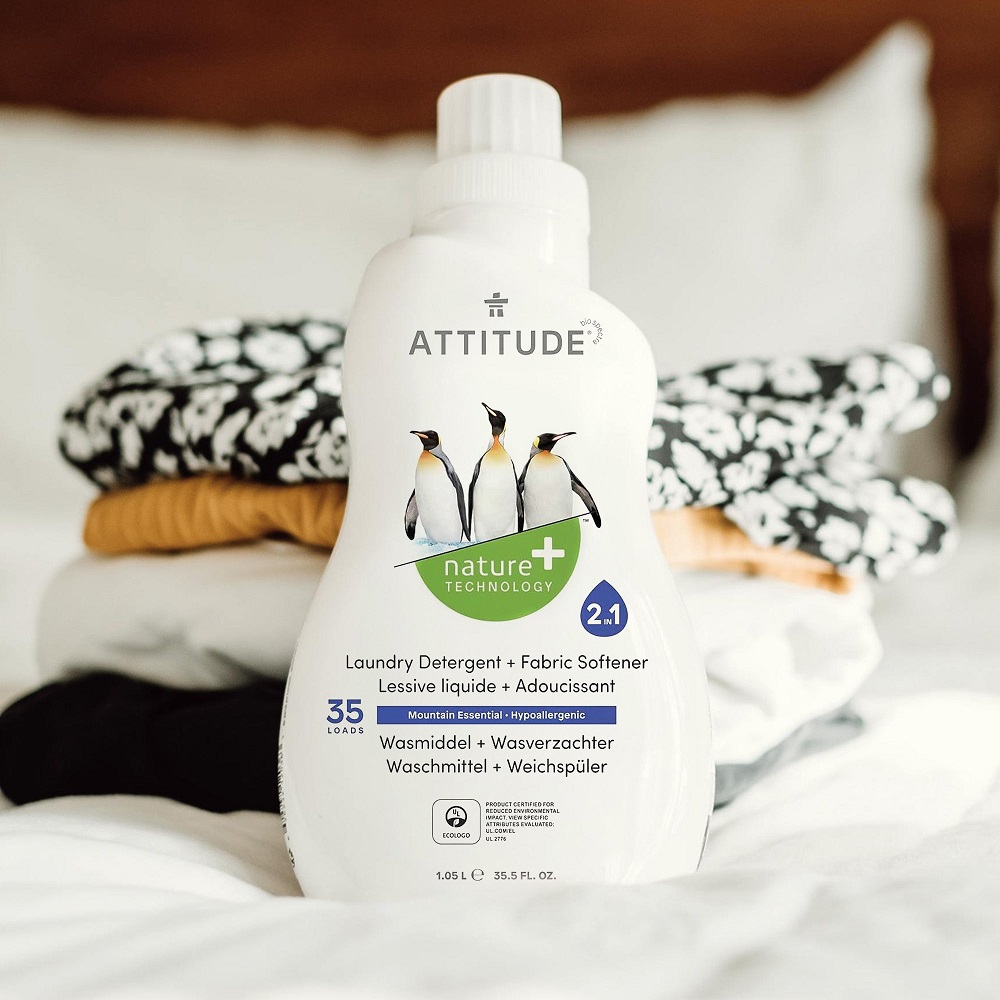
Should You Use Detergent, Fabric Softener, or Both?
When to Use Laundry Detergent Alone
There are occasions when using just detergent is sufficient. For heavily soiled items, such as workout clothes, kitchen towels, or dirty work uniforms, detergent alone can provide the necessary cleaning power without the added slip of fabric softeners which could coat and diminish the absorbency of the fabrics.
When to Use Fabric Softener
Fabric softener can be particularly beneficial when washing items made of cotton, linens, and polyester blends that can feel stiff after washing. It’s especially valuable in the winter or during drying season if static cling is a concern or when washing linens like sheets and pillowcases to make them softer and more comfortable.
The Benefits of Using Both
For many people, combining both detergent and fabric softener yields the best laundry results. The detergent cleans and removes odors, while the fabric softener provides that comforting softness. When used together correctly, they can transform your laundry routine and ensure that your clothes not only look clean but feel great to wear.
Tips for Using Detergent and Fabric Softener Efficiently
Measuring Correctly
One of the most significant factors in optimizing your laundry routine is the correct dosing of detergent and fabric softener. Using too much can lead to residue buildup on both your clothes and the washing machine, while using too little can result in poor cleaning results. Always refer to the packaging instructions for guidance on measuring, especially if you are using high-efficiency machines.
Choosing the Right Products
Selecting the right detergent and fabric softener can significantly impact your laundry results. Consider your fabric types, personal preferences for scents, and whether you have sensitive skin. There are numerous hypoallergenic options that provide a gentle wash without compromising results, making them ideal for individuals with allergies or skin irritations.
Storage and Shelf Life
Detergents and softeners can lose their effectiveness over time if not stored correctly. Ensure that you store these products in a cool, dry place and pay attention to expiry dates. Most detergents have a shelf life of 6 months to 1 year, while softeners might last a bit longer, so be mindful of your inventory and stock appropriately.
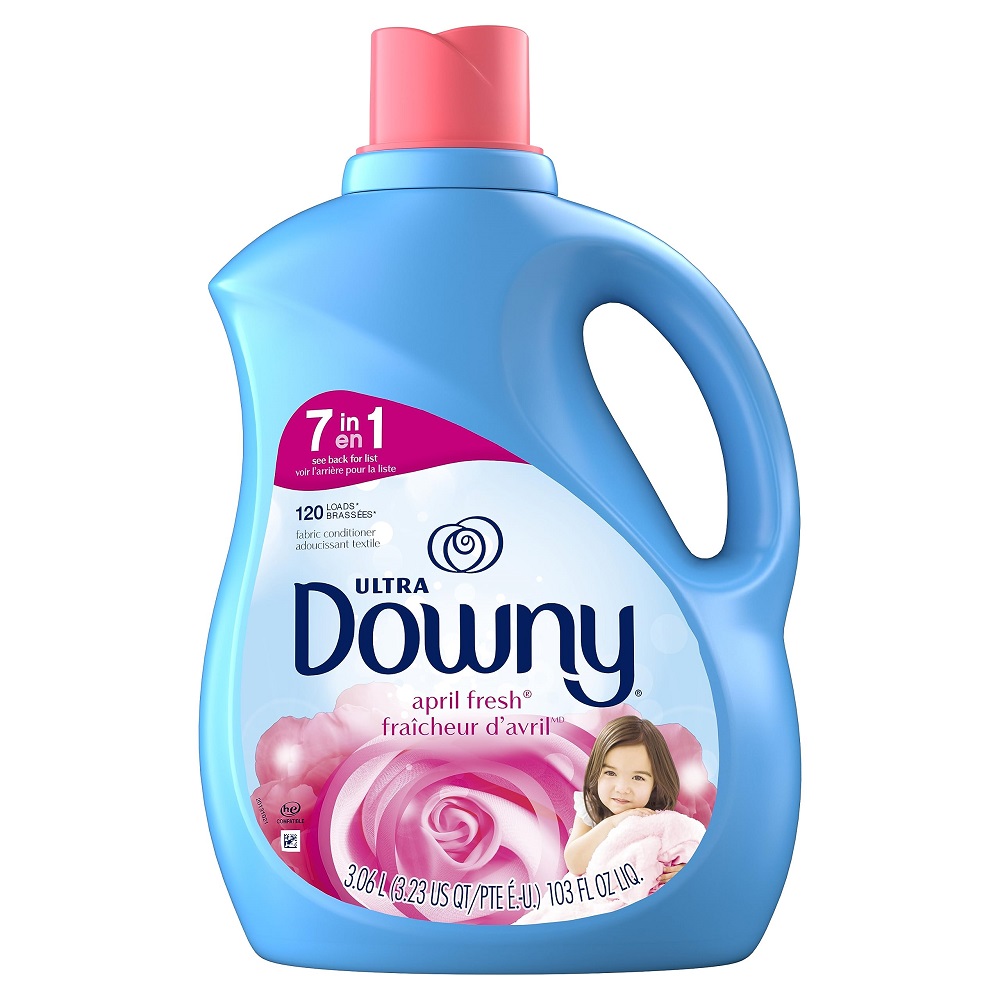
Common Myths About Detergent and Fabric Softener
“More is Better”
One prevalent myth is that using more detergent or fabric softener will yield cleaner clothes or softer results. In reality, this can lead to more residue build-up and could even lead to less effective cleaning, as excess soap may be harder to rinse away.
“Fabric Softener is Always Necessary”
Another widespread belief is that fabric softeners are always needed for freshly laundered clothes. However, many fabrics do naturally feel soft without the use of softeners, and using them too frequently may lead to unwanted residue or diminished absorbency in certain fabrics.
“Using Both is Always Essential”
While using detergent and fabric softener can enhance laundry results, it’s not always necessary for every load. Consider what types of fabrics you’re washing and their soil levels to determine whether one, both, or neither is necessary for your situation.
Conclusion: Making the Right Choice for Your Laundry
In summary, both laundry detergent and fabric softener serve important yet distinct roles in the laundry process. Understanding these roles and how they complement one another can help you achieve the best results for your laundry. Whether you choose to use one, the other, or both, it’s essential to adjust your choices based on the types of fabrics, soil levels, and personal preferences.
Armed with this knowledge, you can navigate the world of laundry products more effectively, leading to fresher, cleaner, and softer laundry every wash day. Ultimately, the decision comes down to your preferences—there are no right or wrong answers, just what works best for you and your washing needs.


